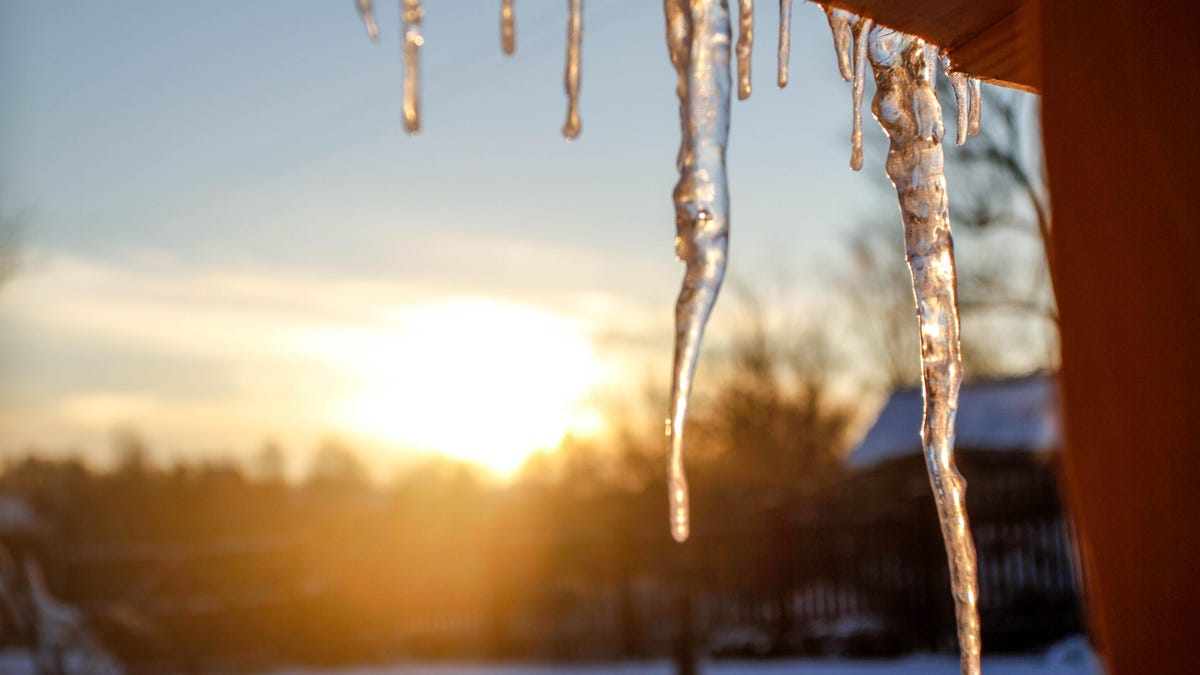This Is What Would Happen If You Didn’t Heat Your Home All Winter.

Everything is becoming more expensive these days, and the fuel that heats your home is no exception . Whether you burn oil or gas or use electric heating, it will be more expensive than ever to heat your home during the coming cold weather.
There are some obvious steps you can take to save money on heating, from finding alternative ways to heat your home (though many are just as expensive ) to adjusting your thermostat with the precision usually reserved for scientists in the sciences. But once you start deciding how low you can set the thermostat before life becomes unbearable, you may wonder: Do you even need the heat? You are a healthy, relatively strong person. Can you just turn off the heating and survive winter by bundling up in layers and fueled by warm drinks? Answer: yes, it is possible , depending on the climate in which you live. But the real answer is that you really, really don’t want to.
Baby, it’s (probably) going to be cold outside.
The first thing to consider is that you can’t count on a mild winter, especially in an era of chaotic climate change. The second thing to consider is how cold it will be in your home. If you think that insulating your interior will protect you from the winter, you are only partly right. Your home will protect you from the wind and protect you from snow and sleet, but no matter how well insulated your home is, it will eventually become as cold as the temperature outside. Your home transfers all of its residual heat to the outside through three main processes : conduction, convection and radiation. This transfer of thermal energy will continue until the house reaches ” thermodynamic equilibrium ” with its environment—until the inside of the house becomes as cold as the outside.
This means that if your area gets cold during the winter months, you won’t just be cold and uncomfortable, you’ll be freezing—and that could be deadly for both you and your home.
Consequences for your home if you leave it unheated
Your home is not designed to be heated, and it will suffer if you allow it to remain too cold for an extended period of time. Potential (and likely) damage may include:
- Condensate. You may think that cold weather is dry and harsh, but if you let the temperature get too cold, condensation will begin to collect on the surfaces of your home and everything will become damp. This will lead to increased humidity and mold growth, which can lead to serious health problems. It can also make it impossible to dry clothes or bath towels, and constantly wearing wet clothes can lead to skin conditions.
- The pipes will burst. If you allow the interior of your home to get too cold, you risk seeing your water pipes burst as the water inside them freezes and expands. You can turn off the water or leave taps open to try to prevent this, but this will leave you without running water or heat.
- All the rest. Almost everything inside your home has been designed to exist or operate at close to “room” temperature, typically between 68 and 72 degrees Fahrenheit. If it’s colder outside, some materials will wrinkle and dry out. This can damage everything from floors to walls to appliances.
Just like your home, your body is also susceptible to the damaging effects of chronic cold temperatures:
- Disease. The aforementioned mold growth will certainly have a negative impact on your health, as cold air causes inflammation in the lungs , aggravating existing conditions such as asthma or chronic obstructive pulmonary disease (COPD). It can also lead to a long list of health problems, including infections , heart disease and stroke.
- Skin health. Living in constant cold can dry out your skin and make it prone to cracking and ulcers, and living in damp clothes that never dry can lead to rashes and other skin conditions.
- Sleep. Extreme temperatures make it more difficult to fall asleep, although a heating pad or heated blanket may help.
After all, the potential cost in terms of damage to your home and your health will more than offset any financial benefits of living without heat. It’s much better to set your thermostat to a low (but not crazy low) setting and find other ways to save money that won’t make your life miserable.